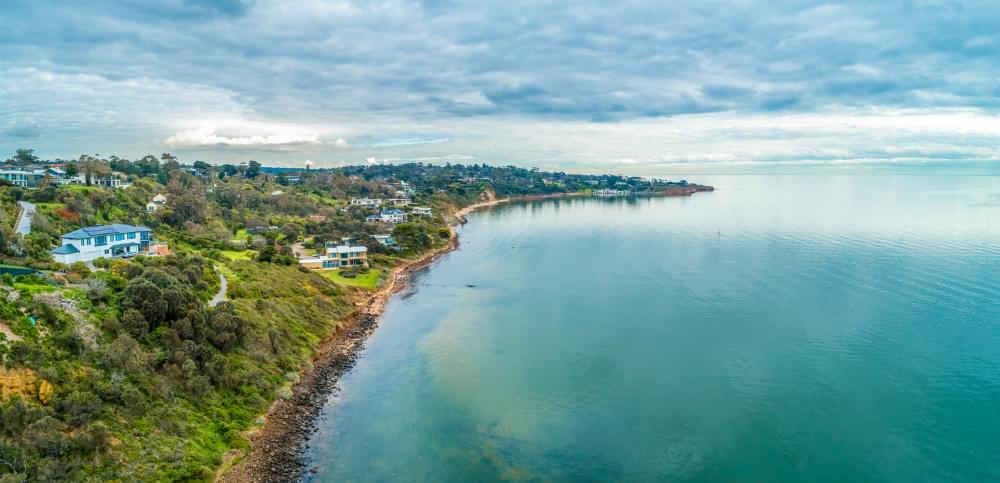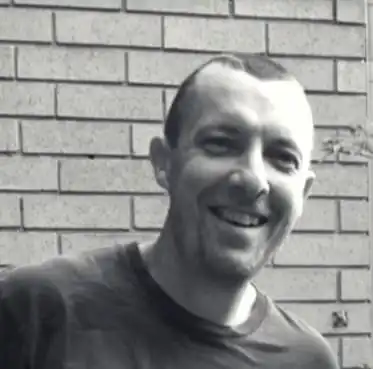Best retirement suburbs in Victoria 2023
Has the time come for you to give up the daily grind and put your feet up and retire?
Congratulations! If you are looking to downsize and/or relocate, and want to make the great state of Victoria your home, you will need to research the best retirement suburbs there. Generally speaking you should be looking to shortlist the best areas to retire based on the following criteria:
- Favourable climate
- Sense of community
- Affordable property
- Low cost of living
- Range of shopping and leisure facilities
- Accessible, quality medical facilities
- Safe area with low crime rate
- Accessible transport
- Low noise levels
Most, but not all, retirees seem to want to get away from our increasingly noisy, overcrowded cities. No surprise there. All you need to do is look at the locations popular with retirement age Aussies and they overwhelmingly favour regional coastal areas, including Queensland's Sunshine Coast, NSW South Coast and Esperance in WA.
Not all retirees want to be near the beach though, and other locations that are also popular include NSW's Hunter Valley and the Southern Highlands, Tassie's Huon Valley and Queensland's Darling Downs.
Let's now take a closer look at Victoria and what the state has to offer retirees.

Best retirement suburbs in Victoria
Based on the above criteria, the following suburbs tick all the boxes - shall we call them retirement hotspots - for retirees in Victoria.
Mornington
3931
If you want to be close enough to the big smoke to access it but want to live somewhere with more peace and quiet, you could do worse than the Mornington Peninsula. This is definitely one of the best beach and seaside towns to retire in. Why? The area - centered around the suburb of Mornington - is all about laid back village charm with a great selection of amenities, including cafes, vineyards, golf courses and the ocean on your doorstep.
Access the city via an efficient bus network or using the Peninsula Link freeway in around 30 minutes. The area is also well serviced by public and private health facilities.
Choose from old weatherboard cottages, modern units or a selection of retirement villages, but be prepared to pay for the privilege of living in this idyllic location. Median house prices are currently $763,750 with units at a median of $628,000.
Median house price: $763,750
Median unit price: $628,000
Average house rent: $400/week
Average unit rent: $385/week
Echuca
3564
Echuca, two and a half hours drive north of Melbourne on the Murray River, is truly away from it all. Think paddle steamer trips on the river as well as a close local community where clubs and activities are the focus of socialising for a post-work demographic.
If you don't want to drive, Melbourne is still accessible via rail, which takes close to four hours depending on the line you take. Echuca also has great health facilities, including a Bupa Aged Care facility and a number of retirement communities and nursing homes.
In terms of property prices, median house prices of $390,000 and median unit prices of $275,000 are significantly more affordable than anywhere in or near Melbourne, so your nest egg will definitely go further here.
Median house price: $390,000
Median unit price: $275,000
Average house rent: $350/week
Average unit rent: $265/week
"Two and a half hours drive north of Melbourne on the Murray River, Ecucha is truly away from it all"
Hampton
3188
If you want to retire in Melbourne, there are still pockets of calm in the big smoke, and Hampton ticks a lot of boxes. Just 14 kilometres south east of the CBD, you can be in the city in just over half an hour by car or train. This leafy suburb is a lot quieter than its more famous northern neighbour, Brighton.
However, like any city location, you will need to have a decent nest egg to afford a house - around $1,864,000 for a median priced house and $725,000 for a median priced unit. For this you get good local amenities including an excellent shopping centre, as well as retirement villages within the vicinity.
Median house price: $1,864,000
Median unit price: $725,000
Average house rent: $770/week
Average unit rent: $515/week

Gisborne
3437
If you want to be within striking distance of Melbourne but far enough away that you can't see the city lights, then Gisborne is waiting. The largest town in the Macedon Ranges Shire, move here if country homesteads, tree-lined streets and lots of restaurants and cafes are your thing.
Gisborne is pricier than other rural towns, but you do get to live in an idyllic setting. In terms of healthcare, the Macedon Ranges Health Centre offers a range of public and private services as well as nursing home care, a gym and specialist medical and GP services.
Median house price: $785,000
Median unit price: $515,000
Average house rent: $455/week
Average unit rent: $360/week
Queenscliff
3225
Just across Port Phillip from the Mornington Peninsula sits Queenscliff on the picturesque Bellarine Peninsula. According to the Australian Bureau of Statistics (ABS, 2017) 40% of the residents in Queenscliff are aged over 65 years - the highest proportion of retirees in any suburb in Australia.
Part of the Bass Coast, which includes Phillip Island, Queenscliff has an abundance of green space, fresh air and a reasonable proximity to Melbourne. In terms of transport, the Searoad ferry to Sorrento on the Mornington Peninsula is a great day out. Alternatively, it's an hour and a half to Melbourne's CBD by car.
Accommodation is primarily in houses, including wonderful picturesque Victorian cottages, as well a number of retirement villages and communities. In terms of healthcare, you also have decent private facilities in the local area, as well as a large public hospital in Geelong.
Median house price: $880,000
Median unit price: no data
Average house rent: $460/week
Average unit rent: no data
"Part of the Bass Coast, Queenscliff has an abundance of green space, fresh air and a reasonable proximity to Melbourne."
Tips: Downsizing for retirement
Downsizing - the process of selling and moving from your existing home, to a smaller more manageable property - is a significant life event and definitely shouldn't be rushed.
It is undoubtedly a stressful experience, especially if you have lived in the same home for many years. On the upside downsizing can be a financial lifeline and open up a whole new lifestyle and banish the worry of paying a mortgage or the upkeep of a larger home.
The key is to take your time, research your options and be careful not to underestimate the emotional impact of the process. With this in mind you should look to:
1. Know what you can afford
2. Find a location that suits your lifestyle
3. Identify a property you can age in
4. Be sure you don't overextend yourself financially, especially if you are moving into a retirement village
If you are looking to retire and downsize a local real estate agent can be an invaluable resource. They will know the suburb well and what is listed on and off market, and will be able to match a property that suits your lifestyle and needs





